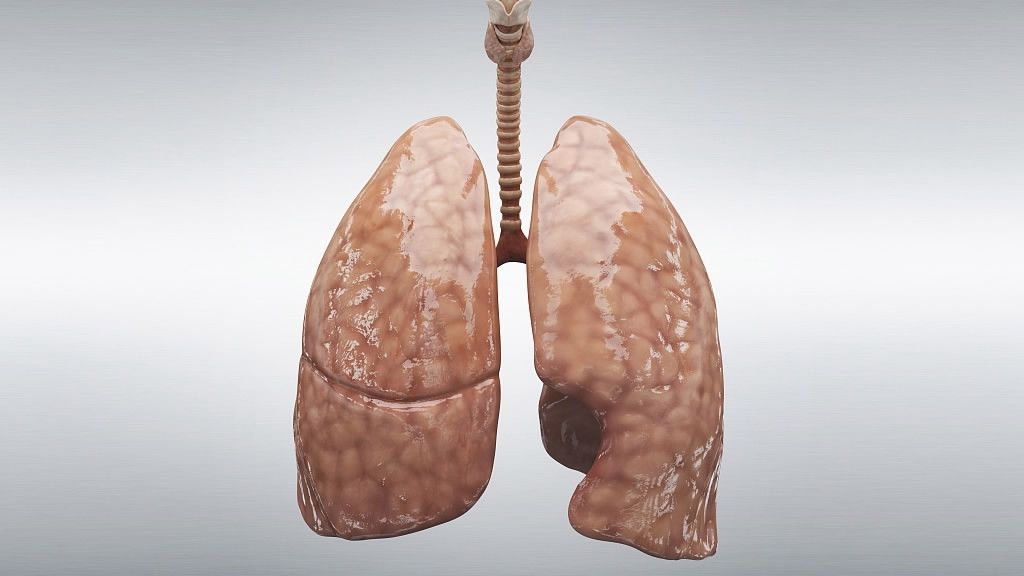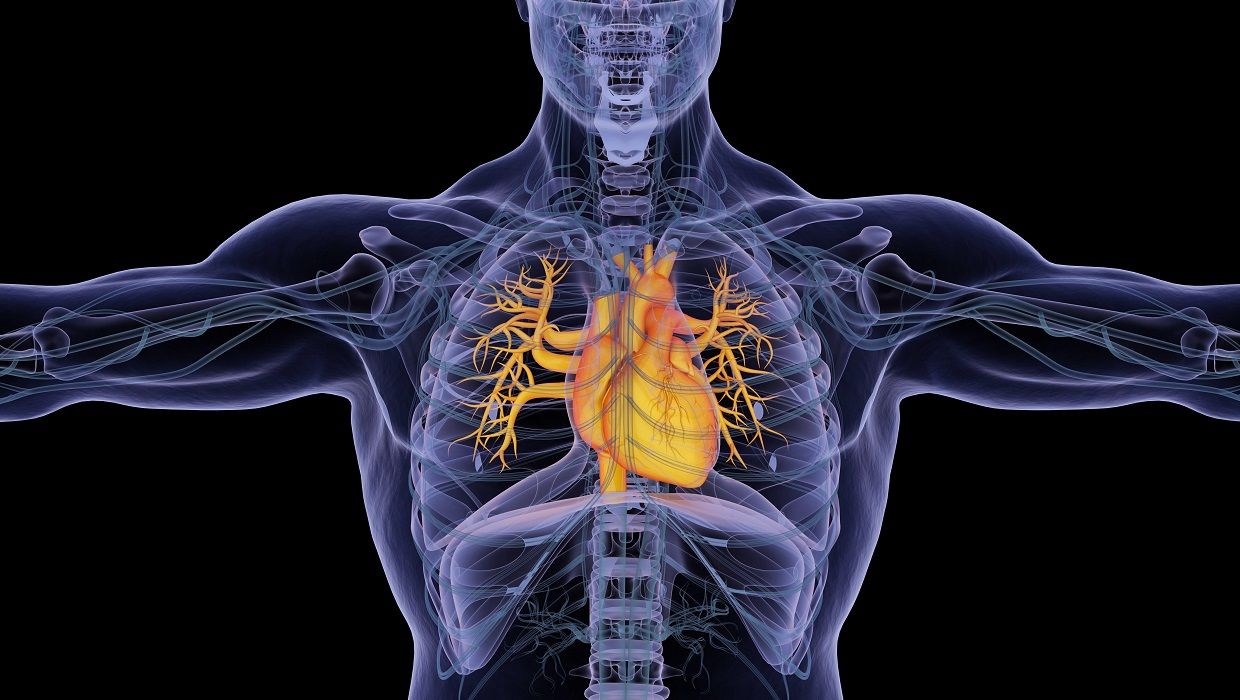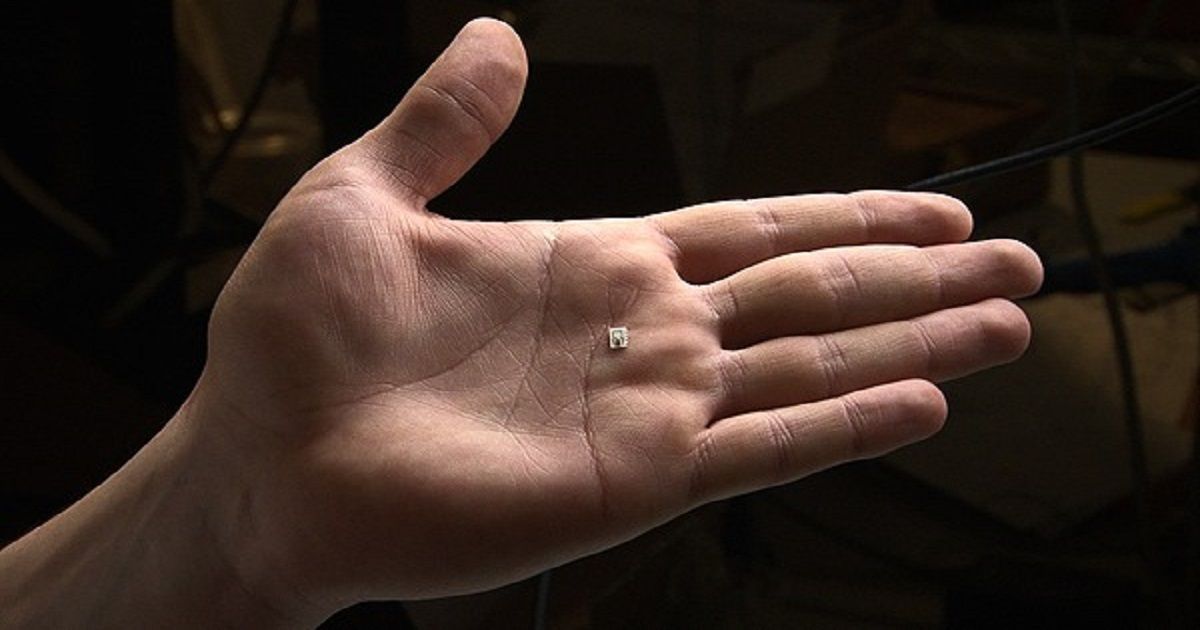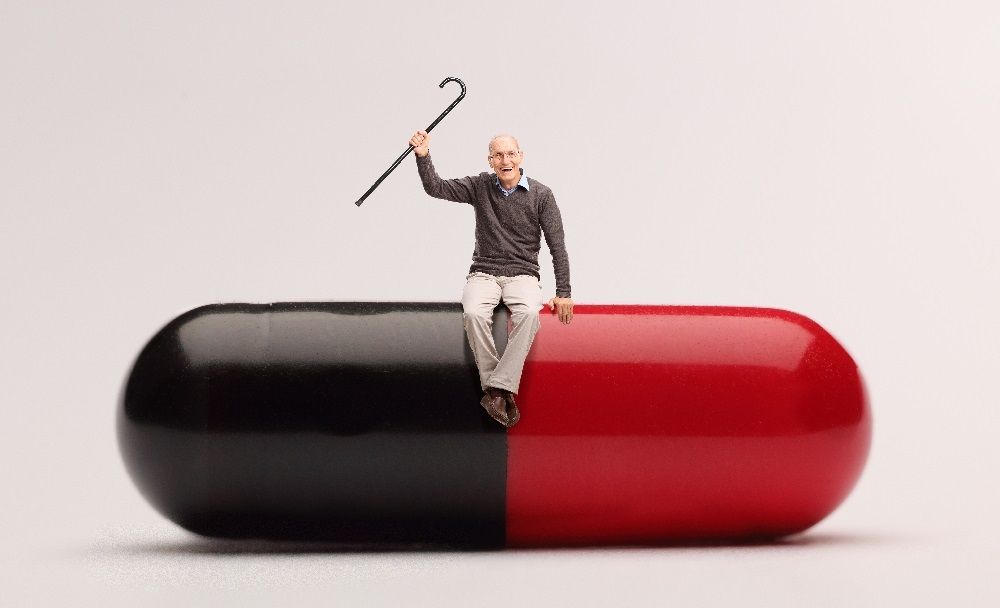Page 9981
Feb 14, 2018
Want to Lose Weight? Here’s How To Get 10 Servings Of Fruit And Vegetables Daily
Posted by Brady Hartman in categories: biotech/medical, food, life extension
Summary: Practical tips on how to consume 10 servings of fruits and vegetables daily to lose weight and improve health. [This article first appeared on the LongevityFacts website. Author: Brady Hartman.]
Fruits and vegetables are rich in phytonutrients and are an integral part of the healthiest diet plans. Here are practical tips on how to incorporate more plant foods into your meals.
Due to a poor diet, about half of all American adults have one or more preventable chronic diseases, including type 2 diabetes, overweight, obesity or cardiovascular disease. A large body of evidence, including newly published research on the health benefits of fruit and vegetables, shows that increased consumption of whole plant foods is linked to reduced risk of death and chronic diseases.
Feb 14, 2018
Trial Shows Canakinumab Prevents Cancer and Heart Attacks
Posted by Brady Hartman in category: biotech/medical
Doctors implicate chronic inflammation as a cause of heart disease and cancer with some claiming that reducing persistent, low-grade inflammation will reduce these diseases. In fact, a recent clinical trial discovered that the inflammation-lowering drug Canakinumab reduced heart attack and strokes by nearly a fourth and cancer by about half.
More than ever, physicians believe that reducing chronic inflammation will also reduce heart attacks and strokes. Robert A. Harrington, M.D., a Cardiologist with the Department of Medicine at Stanford University, leans toward the inflammatory hypothesis of heart disease, a belief that chronic inflammation is a significant cause of heart disease. According to Dr. Harrington.
“Inflammatory cells and signals drive the healing response to vascular injury, allowing the initiation and growth of atherosclerotic plaque.”
Continue reading “Trial Shows Canakinumab Prevents Cancer and Heart Attacks” »
Feb 14, 2018
Lose Weight With Coffee? Maybe Not, New Research Says
Posted by Brady Hartman in categories: biotech/medical, life extension
Summary: Lose weight with coffee? Probably not. While coffee is a healthy drink, and research suggests it helps ward off type 2 diabetes in habitual drinkers, new studies suggest that coffee probably won’t help in weight loss. [This article first appeared on the website LongevityFacts. Author: Brady Hartman. ]
People love to wake up each morning to the smell of hot coffee brewing. Coffee and the caffeine it contains are a great way to kick-start the day. About half of American adults drink coffee every day, drinking about 3 cups on average.
The beverage is consumed all over the world. Coffee originated in northeast Africa and spread throughout the Middle East in the 15th century from where it went on to Europe.
Continue reading “Lose Weight With Coffee? Maybe Not, New Research Says” »
Feb 14, 2018
Heart Healthy Chocolate What You Need to Know
Posted by Brady Hartman in categories: biotech/medical, food, health
Take Home Message
- The EPIC Systematic Review showed that chocolate lowered the risk of coronary heart disease by 25% and cardiovascular deaths by 45%.
- Raw cocoa powder is lower in calories when compared to chocolate.
- Cocoa has many antioxidants called flavonols, shown to be heart healthy.
- Research suggests that cocoa reduces atrial fibrillation, improves cholesterol, benefits vascular health and reduces blood pressure.
- Cocoa is the key ingredient in heart healthy chocolate.
- Dark chocolate is also heart healthy and is higher in flavonols than cocoa powder. Dark chocolate has more fat.
- Dark chocolate and cocoa powder both have their advantages.
- To get the heart health benefits of chocolate without the extra calories, add a pure cocoa powder to foods you normally consume.
Help Us Spread The Word.
Please help us spread the word on the benefits of heart healthy chocolate by sharing this article to your social media page. It takes just a simple click on any social media link on this page.
Continue reading “Heart Healthy Chocolate What You Need to Know” »
Feb 14, 2018
Four Ways We Can “Swallow the Doctor” (Nanodocs, the medical nanorobots)
Posted by Brady Hartman in categories: biotech/medical, nanotechnology, robotics/AI
Summary: Nanodocs are medical nanorobots that work from inside like a tiny doctor. The authors of a recent research study say we may be able to swallow the doctor sooner than we think. Once considered science fiction, the ability to “swallow the surgeon” – using medical nanobots to diagnose and treat disease from inside the body – is becoming a reality. The study authors highlight recent advances in nanotechnology tools, such as nanodrillers, microgrippers, and microbullets – and show how nanodocs have tremendous potential in the areas of precision surgery, detection, detoxification and targeted drug delivery. [Cover photo: The old way to swallow the surgeon. Credit: R. Collin Johnson / Attributed to Stanford University.]
Imagine that you need to repair a defective heart valve, a major surgery. Instead of ripping your chest cut open, a doctor merely injects you with a syringe full of medical nanorobots, called nanodocs for short. You emerge from the ‘surgery’ unscathed, and your only external wound is the puncture hole from the injection.
According to a recent study published by nanorobotic engineers at the University of California San Diego (UCSD), the concept of ‘swallow the doctor’ may be closer to reality than we think.
Continue reading “Four Ways We Can ‘Swallow the Doctor’ (Nanodocs, the medical nanorobots)” »
Feb 14, 2018
Quantum computers ‘one step closer’
Posted by Genevieve Klien in categories: computing, particle physics, quantum physics
Quantum computing has taken a step forward with the development of a programmable quantum processor made with silicon.
The team used microwave energy to align two electron particles suspended in silicon, then used them to perform a set of test calculations.
By using silicon, the scientists hope that quantum computers will be more easy to control and manufacture.
Feb 14, 2018
New blood test for Alzheimer’s could improve dementia treatment
Posted by Brady Hartman in categories: biotech/medical, neuroscience
New Alzheimer’s blood test is so precise, it could predict it three decades ahead. The test was accurate in 90% of patients tested.
Feb 14, 2018
Anti-Aging Scientists Hope to Reduce Chronic Diseases
Posted by Brady Hartman in categories: biotech/medical, life extension, neuroscience
Summary: Recent scientific advances in anti-aging science are bringing the dream of the fountain of youth closer to reality. More than just extending our lifespans, the field hopes to significantly reduce the chronic diseases of aging, such as cancer, heart disease, and dementia. [This article first appeared on the website LongevityFacts.com. Author: Brady Hartman. ]
A fountain of youth has been the dream of humanity throughout history.
Recent scientific advances are bringing that dream closer to reality.
Continue reading “Anti-Aging Scientists Hope to Reduce Chronic Diseases” »
Feb 14, 2018
Secrets of these 200-year-old whales who avoid cancer
Posted by Brady Hartman in categories: biotech/medical, life extension
Summary: Why the bowhead whale lives 200 years and rarely gets cancer. This article is part 2 of a 3-part series, covering the role of telomere length in cancer and part of a new extensive study. Part 1 on the accuracy of telomere length is here, Part 3 on the role of telomere length in chronic diseases is here. [This article first appeared under the title ‘Top Journal Discovers Key to These 200-Year-Old Whales Who Avoid Cancer’ on the website LongevityFacts.com. Author: Brady Hartman. ]
Related: A brief overview of why whales don’t get cancer is in this companion video.
In a comprehensive study published a little more than a week ago in a highly respected journal of the Royal Society of the UK, authors Abraham Aviv and Jerry W. Shay (see author bios here) report on the role of telomere length. In this segment, the authors describe the role of telomere length in protecting us from cancer and explain why whales have low rates of cancer, despite large cell counts, long lives, and relatively short telomeres.
Continue reading “Secrets of these 200-year-old whales who avoid cancer” »


















